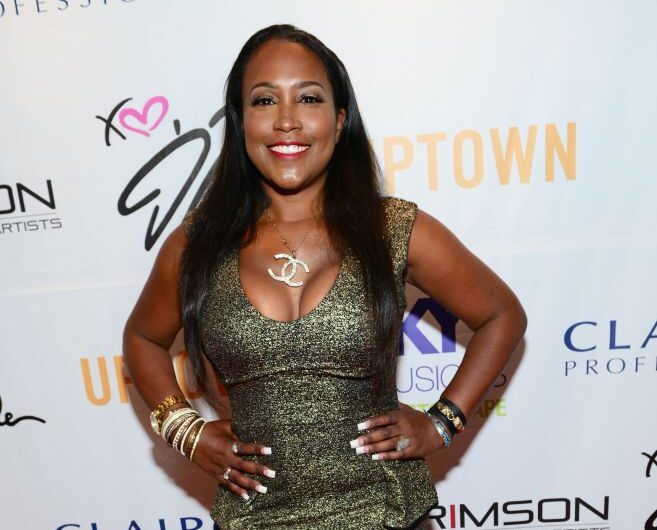
Mental health continues to be a serious concern within the Black community. For many, seeking help means overcoming stigma, silence, and a system that doesn’t always see us clearly. That’s why National Minority Mental Health Awareness Month matters. It reminds us of the work we still have to do and honors those who spoke up before it was common to. It also welcomes the returns of those like Maia Campbell, whose journeys reflect both struggle and resilience.
Table of Contents
A Mother Who Spoke Up
One of the earliest voices for change was the late Bebe Moore Campbell. She was a bestselling author and someone who used her storytelling to ensure that mental health in our communities couldn’t be ignored. Her passion came from a personal place.
Her daughter, actress Maia Campbell, gained fame in the 1990s for her role on In the House. But away from the cameras, she was navigating life with bipolar disorder. At times, personal moments were shared without her consent or consideration. The headlines rarely told the full story. Through it all, Bebe never stopped advocating, not just for Maia, but for everyone lacking access to proper mental health support.
72 Hour Hold and Maia’s Return
In 2005, Bebe published “72 Hour Hold,” a novel about a mother’s fight to get her daughter the help she needs. The system in the book mirrors real life, with families struggling, institutions overwhelmed, and love often running up against numerous barriers. While fictional, the story reflects truths that still ring loud today. According to the U.S. Department of Health and Human Services Office of Minority Health, suicide was the third leading cause of death for Black youth ages 10 to 24 in 2022. That statistic alone tells us there’s so much more to be done, especially when it comes to mental health care that reflects our lived experiences.
Now, Maia is rejoining the conversation. After several years out of the public eye, she’s returned to social media with renewed energy. In a recent video, she shared her hope to see “72 Hour Hold” adapted for the screen, ideally with Tyler Perry helping to bring it to life. “It was a monumental book for me,” she said. “And July is Mental Health Awareness Month, so I’m still on that campaign. Keep me in prayer.”
Healing and Creativity
Maia Campbell’s return shows growth and purpose. Her message was simple but powerful. She looked healthy. She sounded centered. More than anything, she seemed ready to explore mental health in a public way, this time pairing it with creativity by bringing her mother’s bestselling prose to life. It also reminds us that progress can look like many things, including just showing up and sharing your truth.
If 72 Hour Hold does become a film, it won’t just be a tribute to Bebe Moore Campbell’s impact. It will be a continuation of a shared legacy. Through advocacy, art, and storytelling, both women have pushed the conversation forward. In a world that often misunderstands or overlooks our pain, visibility like this can plant the seeds for something better. Sometimes, real change starts with one voice, brave enough to speak up, and generous enough to make space for others to do the same.
Resources
72 Hour Hold by Bebe Moore Campbell, Paperback | Barnes & Noble®
Mental and Behavioral Health – Black/African Americans | Office of Minority Health

























